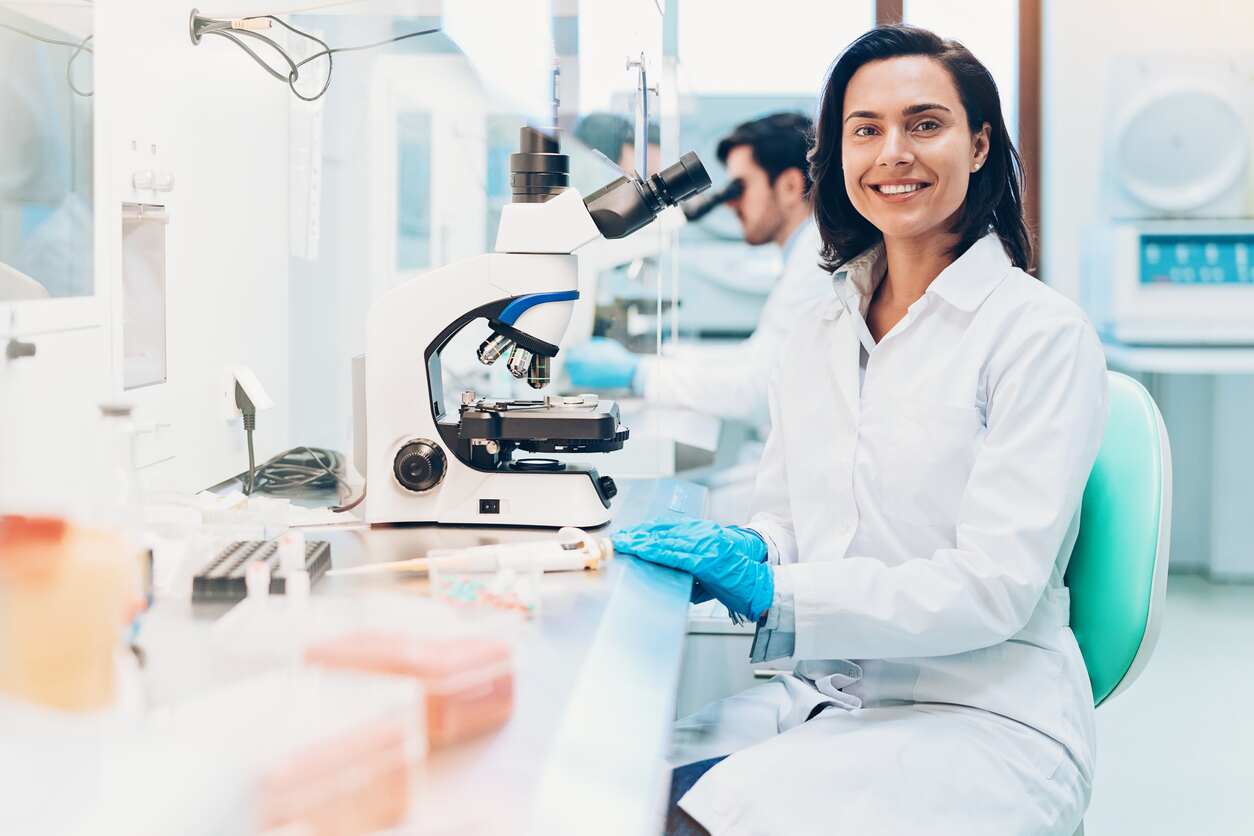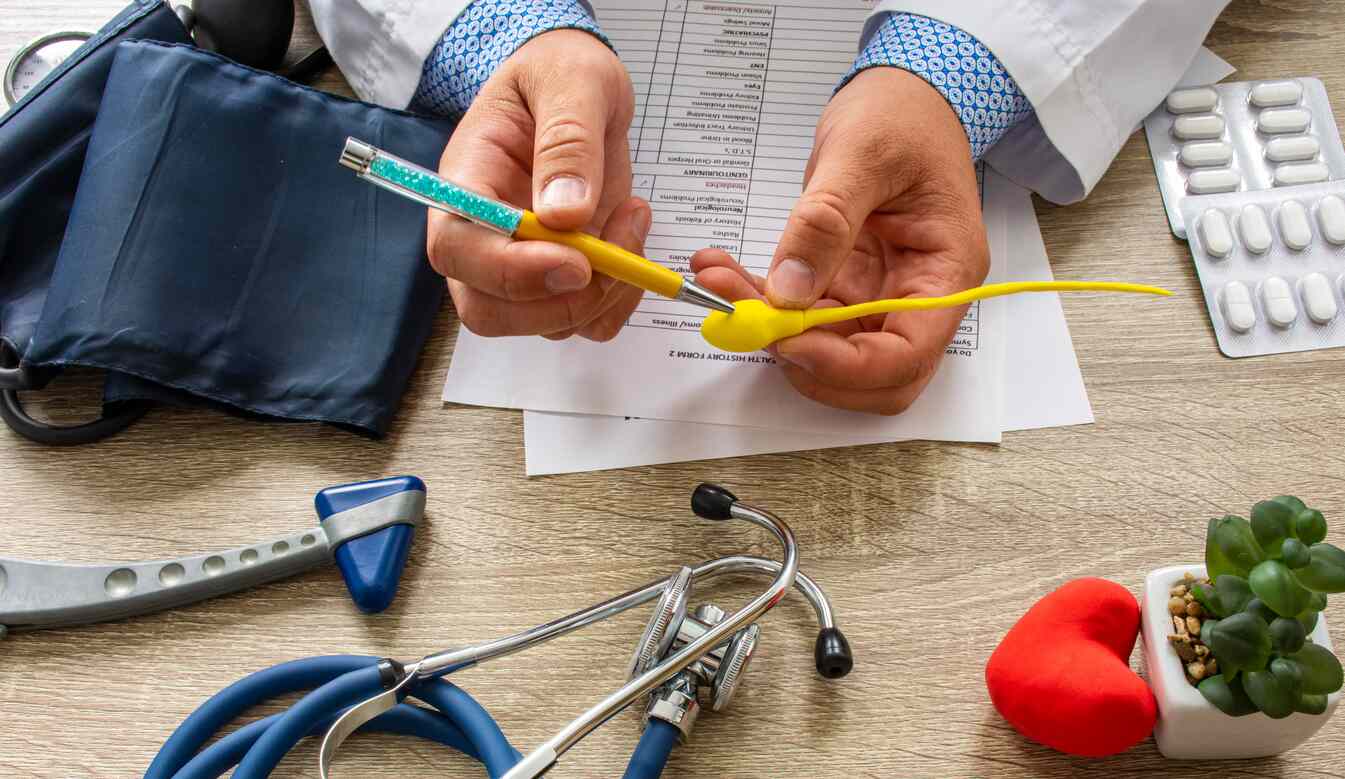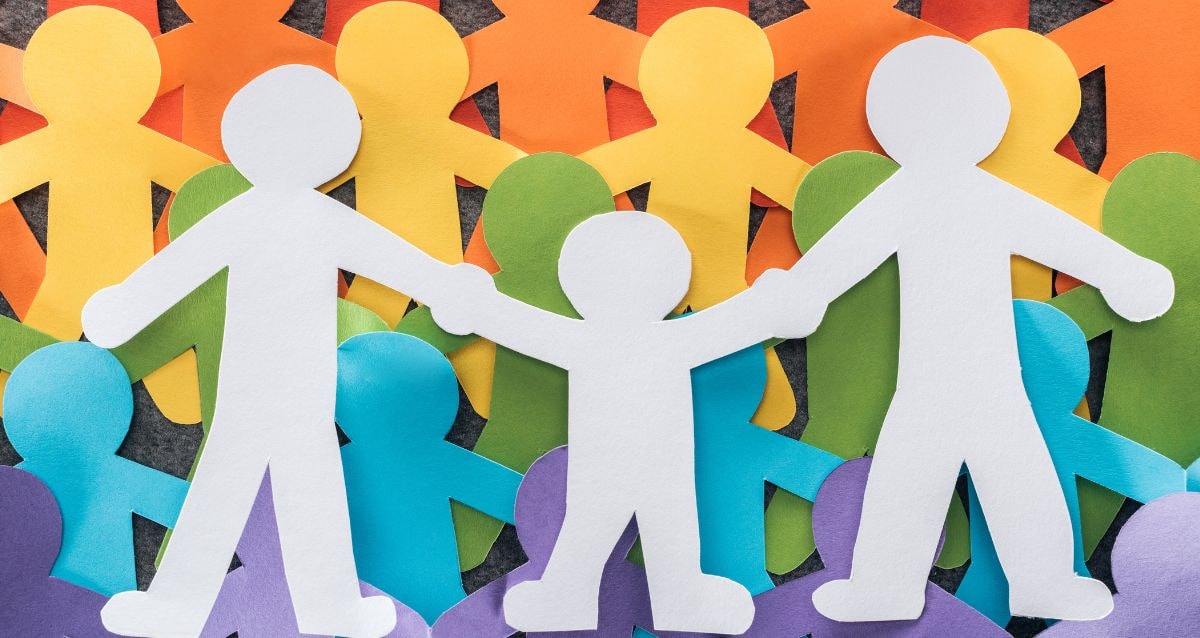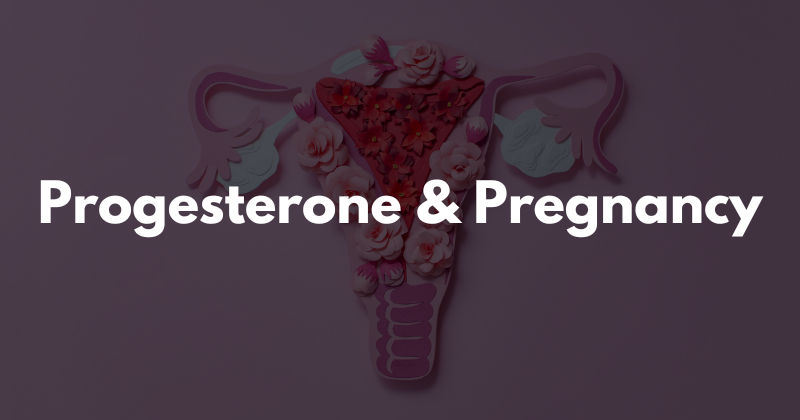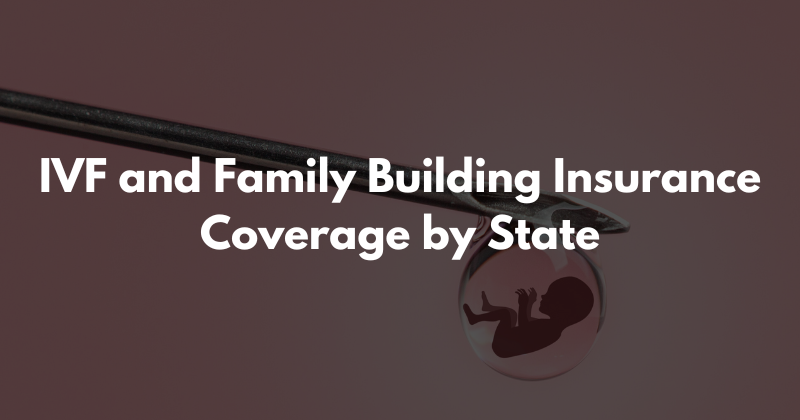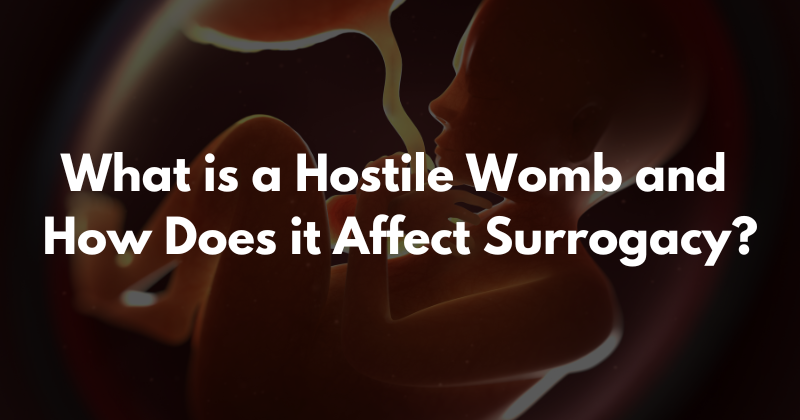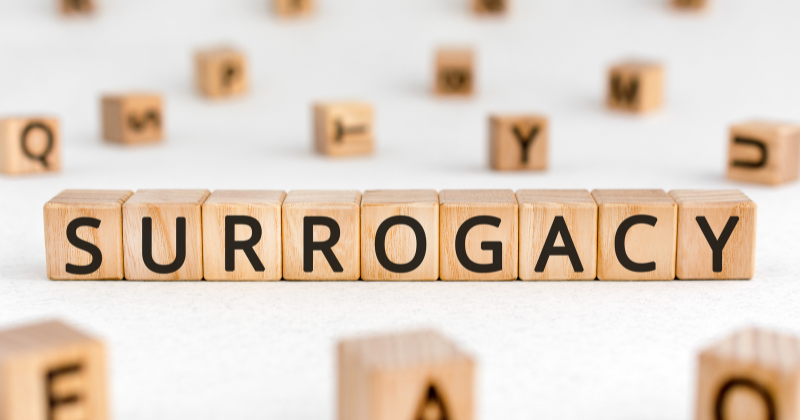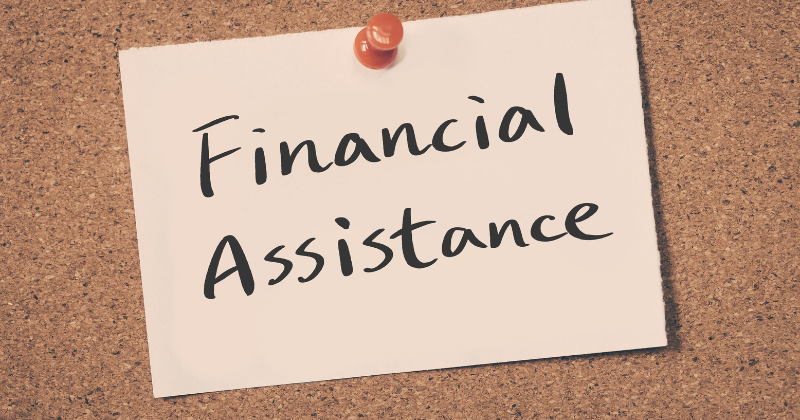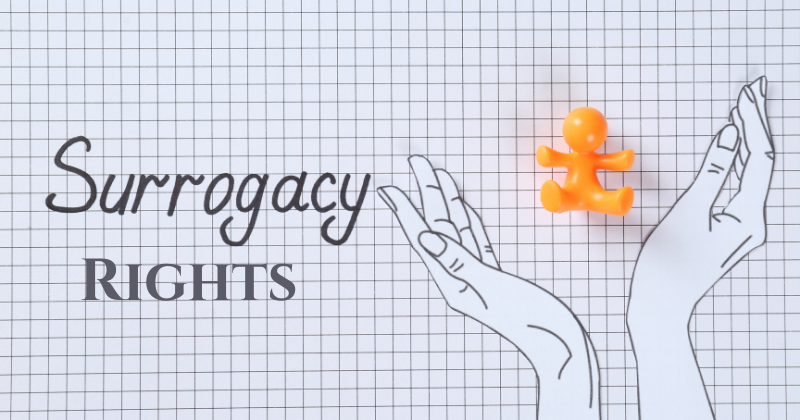In-vitro fertilization , IVF can be an effective treatment for infertility. IVF is not something to take lightly. It can be very time consuming and demanding for some couples or individuals. Before embarking on this journey you should do your own research into IVF clinics in your area seeking out who is the best fertility doctor for you. Learning as much about the IVF process will allow you to plan ahead from the emotions involved to the financial involvement. If you have not located an ideal IVF clinic for yourself Creative Love Egg Donor & Surrogate Agency would be more then happy to give you a list of referral clinics that we feel can offer you the highest success rate.
Factors for a Successful IVF Cycle
In order to help you have the most successful IVF cycle possible many factor can play a hand in a positive outcome. Age is the biggest positive outcome when still using your own eggs. Remember we’re born with our life time supply of eggs. Unfortunately our eggs do age, but with all of the advance in IVF the possibility of still utilizing your own eggs at age 40 with a successful outcome is still a big possibility.
Women turn to IVf for many unknown causes. A persons infertility can be caused by blocked tubes, endometriosis, damaged fallopian tubes, low sperm count, and the fact of age alone. How IVF works is taking the eggs of the women and/or egg donor with the man’s sperm or that of a sperm donor are combined together in a petri dish allowing fertilization to take place. Once an embryo is created and depending on different circumstances an embryo transfer will take place on day 3 or on day 5 to the intended mother’s uterus. Below is the what an IVF treatment cycle consists of.
- Controlled ovarian stimulation
- Egg retrieval
- Fertilization of the eggs
- Embryo culture
- Embryo Transfer
Ovarian Stimulation in IVF
Beginning the ovarian stimulation phase of the cycle, the ovaries are stimulated using fertility drugs in the hopes of the ovaries producing multiple eggs. With your normal cycle every month your ovaries release one egg. With IVF the goal is to develop as many follicles as possible. The more eggs the fertility doctor has to fertilize the higher your change for a successful cycle. During your IVF cycle your doctor will monitor you through blood labs and also a transvaginal ultrasound to measure the developing eggs. You will be monitored every day or two during this phase. It is critical to the doctor to know the precise time to give you your final trigger shot before retrieval. After this very important trigger shot within 36 hours you will have your egg retrieval.
The egg retrieval procedure takes about 30 minutes. You are placed under light anesthesia by an anesthesiologist. The eggs are retrieved by a transvaginal ultrasound-guided aspiration. It is a minor operation done in the IVF clinic. After the retrieval you are allow to leave about 2 hours later. You may experience cramping the day of the procedure, but this normally subsides by the following day.
Fertilization to Embryo Transfer
After the eggs are retrieved they are placed in a special medium and moved to an incubator to await fertilization. Then insemination takes place once the sperm and egg are placed together. Fertilization takes place when the sperm cell penetrate the egg, which usually takes place within hours of insemination. Next, you have the embryo transfer. This takes place on either Day 3 or Day 5 of fertilization. The transfer is completed by the doctor inserting a small catheter through your cervix into your uterus. Depending on many factors 1 to 3 embryos may be transferred. If the embryo continues to develop after the transfer then it will hatch from it’s outer layer the zona pellucida and implant into the uterus lining about 6 – 10 days following the egg retrieval.
If after attempting IVF several times with your own eggs and not having a positive outcome with no explanation. Consider egg or sperm donation if fertility issues persist, providing alternative paths to parenthood for you and your partner. Most egg donor cycles are anonymous with the egg donor not being know to the intended parents or individual. The egg donor goes through a traditional IVF cycle with the intended mother receiving the embryos. Egg donation can be a very positive way to create your family. Remember that as you and your partner undergo assisted reproductive technology, it is important the you understand all of your treatment options. Please feel free to contact us as Creative Love Egg Donor & Surrogate Agency to help guide you the best way possible.
Wendy Arker entered the field of infertility with a huge heart and passion to guild others on their quest to grow their own family after her personal journey with infertility and turning to egg donation and sperm donation to create her own family. Being a single-mother-by-choice, Wendy understands firsthand the unique way families are built. Whether you’re a married couple, single, or LBGTQ, Creative Love is committed to assisting you.

